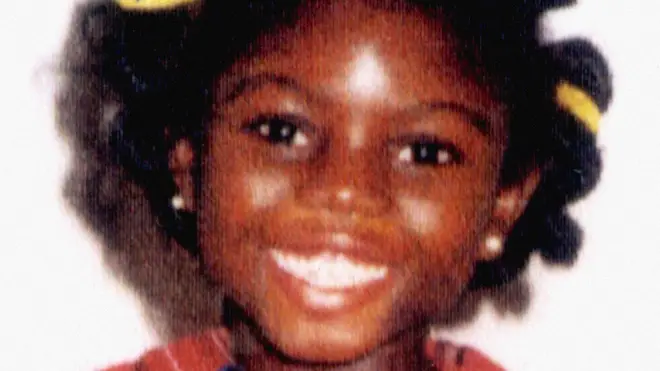
Ben Kentish 10pm - 1am
14 November 2019, 09:33

The number of children abused because of belief in witchcraft has risen by more than a third in the last three years.
According to the Local Government Association, abuse of children for reasons of faith or belief rose from 1,460 cases in 2016/17 to 1,950 cases in 2018/19 - an increase of 34 per cent.
Abuse can be driven by a belief the child is possessed by demons or the devil.
The new figures also revealed the number of girls identified by social workers as either having had or being at risk of female genital mutilation (FGM) reached a high of 1,000 cases this year.
It is an increase of 6 per cent on the 940 cases in 2017/18.
A belief in witchcraft and FGM can sometimes be linked, although experts emphasise this is by no means true in the majority of mutilation cases.
The National FGM Centre has been conducting research and providing education and training into faith-based abuse since its inception in 2015.
Leethen Bartholomew, the centre's head, told the PA news agency: "We know [faith-based] abuse is often linked to when families experience some kind of misfortune - whether it is a child with a disability or parental mental health, or when some of these families experience exclusion because of poverty.
"They try to make sense of what they are experiencing through a lens where they have this belief system where there is this spiritual realm and what happens there has an impact on what happens here.
"They use children as a scapegoat for that misfortune that they are experiencing."
Mr Bartholomew said it was difficult to give exact reasons for the increase in cases of belief-based child abuse in England.
He added: "Some of it is linked to cases of child trafficking where children are taken through different practices like witchcraft, juju and black magic to silence them - as a form of control."
Mr Bartholemew added that while in the majority of cases there was no link between witchcraft and FGM, the centre had come across reports from other countries where female genitals are used in rituals after they are removed.
He added that some victims of FGM reported being threatened with witchcraft to prevent them reporting their ordeal.
Mr Bartholomew said: "The work we do is around giving professionals the knowledge and skills to be able to ask the right questions to have that professional curiosity and that religious literacy."
In March of this year, a Ugandan woman became the first person to be convicted of FGM for the mutilation of her three-year-old daughter at their family home in east London.
When her home was raided police found evidence of spells apparently intended to thwart the investigation.
Eight-year-old Victoria Climbie was tortured to death in 2000 by her great aunt and her partner after a preacher from Christian sect the Universal Church of God convinced them she was possessed.
Her death resulted in an inquiry as well as a series of safeguarding initiatives, including a national action plan to tackle faith or belief-based child abuse that launched in 2012.
Cllr Anita Lower, the LGA's lead on FGM and chair of the National FGM Centre's advisory board, said: "Rising cases of child abuse linked to faith or belief are extremely worrying and are destroying the lives of children and young people in communities across the country.
"Children's services departments need to have the funding to address the huge demand for help from children and their families and maximise the effectiveness of prevention and intervention work."